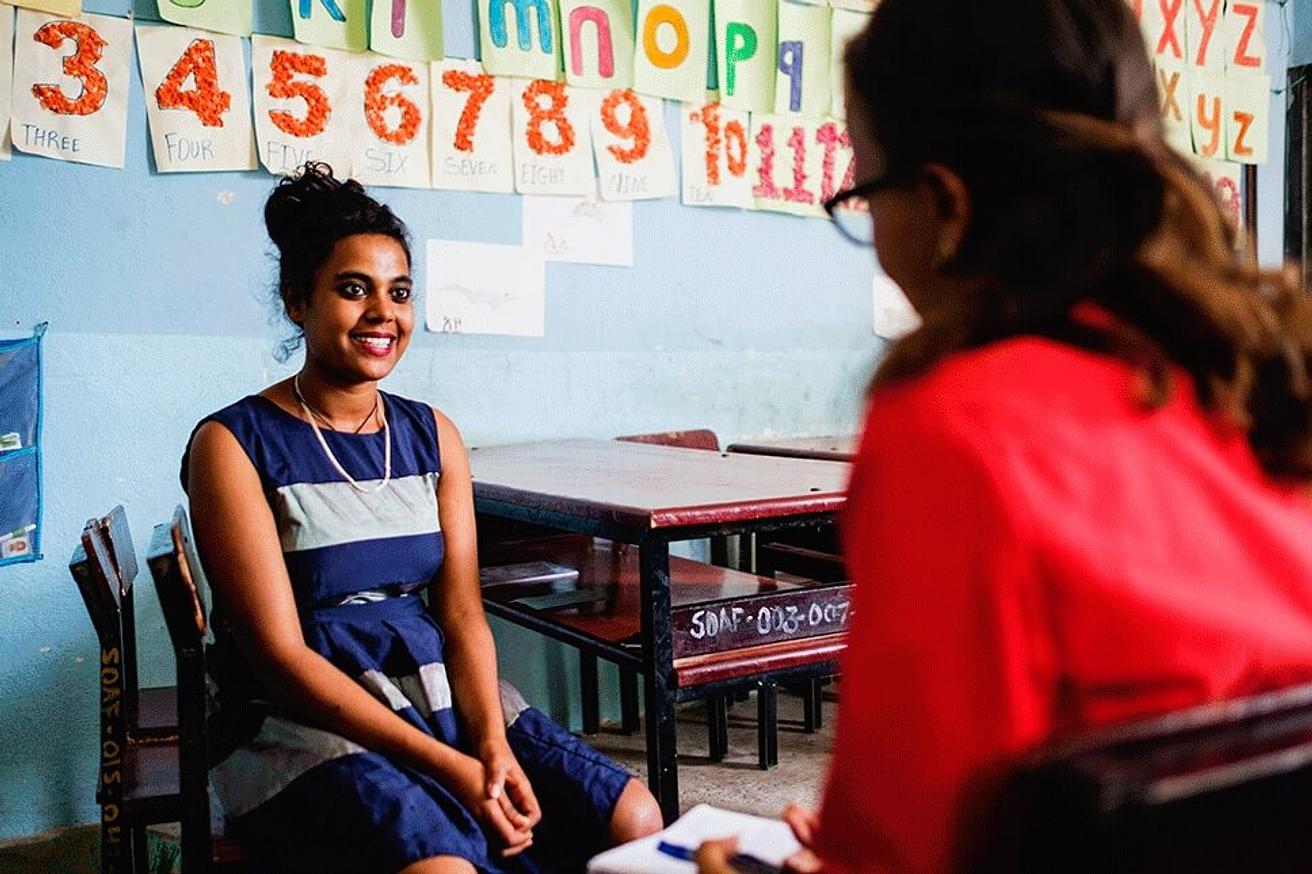Accelerated is a personalized pedagogy coaching model from Ethiopia that helps teachers learn, develop and implement active learning and 21st-century skills in the classroom. In this article, the CEO of Accelerated, Ravi Shankar shares with us their approach to Instructional Leadership, deeply rooted in behavioral sciences and human-centered design.
We are well aware that successful school leaders improve school management, teaching and learning processes, as well as student achievement outcomes. Essential functions of school leadership, therefore, includes setting and communicating the school’s mission and goals, setting clear performance expectations for teachers and other staff, and most critically, establishing a culture of continuous professional development. Research indicates that after classroom instruction, quality of school leadership is the second-most influential school-based effect on student achievement [1].
While Instructional Leadership is one of the most critical functions of an effective school leader, it is also the most neglected. School leaders have neither the opportunity nor the resources nor the skills to improve instructional quality in their schools. Our team at Accelerated frequently observes school leaders spending the bulk of their time on administrative tasks like government relations, parent communications, and tedious paperwork. In the African context where our team operates, most schools do not have dedicated instructional principals and in a few cases that they do, these staff typically are not equipped with the necessary skills to set clear goals, to manage curriculum, to monitor lesson plans, to allocate resources and to evaluate teachers regularly to promote student learning and growth.
Given all these constraints, how can we move the needle on instructional leadership?
Through years of research and experience, we have developed a unique, two-fold approach to solve this problem:
- Instructional coaching for teachers
- Leadership coaching for school management
Instructional coaching for teachers
Blending behavior sciences, active learning approaches, and classroom data, we have built a very effective teacher-coaching model from the ground up for the African classroom context. We call this Teacher Foundry and it lasts for a minimum of one academic year. Teachers in our Teacher Foundry program attend high-quality workshops that provide actionable, practical skills that can be implemented in the classroom right away. Special skill-trees are designed for each school and based on their current level so that they can progress to more complex tasks over time. Teachers also are paired with a dedicated Accelerated coach who collects classroom data on teacher performance. This collected data helps the coach generate personalized feedback and targeted recommendations to help each teacher progress to the next level.
Over the last three academic years, we have coached over 800 teachers and have conducted over 10,000 classroom observations to impact over 18,000 K-12 students.
Leadership coaching for school management
After our first year of coaching teachers in various schools in Ethiopia, we realized that we were missing a key component in bringing about true instructional transformation in our classrooms. This component was the involvement of school managers and leaders in improving the teaching and learning process. Sometimes, teachers in our program and their school managers were at odds when it came to lesson delivery. The managers had not been involved in our teacher-facing program and they were demanding that teachers go back to traditional teaching practices.
Based on this insight, we have since convinced all school leaders in our partner schools to participate and be closely involved in our Teacher Foundry program. Furthermore, we have also launched a separate program targeted at school leader development, called Leader Foundry. This program is designed to meet the needs of time-constrained school leaders to help them make instructional leadership a priority in their schools. We support management in setting structured rubrics and performance metrics for their teachers. We strengthen the data capacity in the schools by providing managers with high-quality, high-frequency data on teacher
performance, teacher professional development, and lesson delivery. Finally, a leadership toolkit, as well as access to our backend, is provided to school leaders to help them better operationalize our recommendations.
Underpinnings of our model
Our model is based on two non-negotiable principles of product development. Each new feature or intervention has to boost at least one of two factors among our users: Will and Skill. Our core conviction is that behavior change is dependant on shifting both the ability (skill) and motivation (will).
Towards this end, we employ a rigorous product development process rooted in human-centered design principles with a few modifications. We also borrow heavily from the fields of behavioral psychology, nudge theory and gamification. We collect data obsessively - both quantitative and qualitative to ensure our model improves over time and so that we can rescue millions of students and teachers from boring, scary and ineffectual classrooms.
As a closing reminder, I would want to share one of Piaget’s sayings:
[1] Day, Gu, and Sammons, 2016; Gurley et al., 2016; McCarley, Peters, and Decman, 2016.
To know more about Accelerated, explore their innovation page here.




